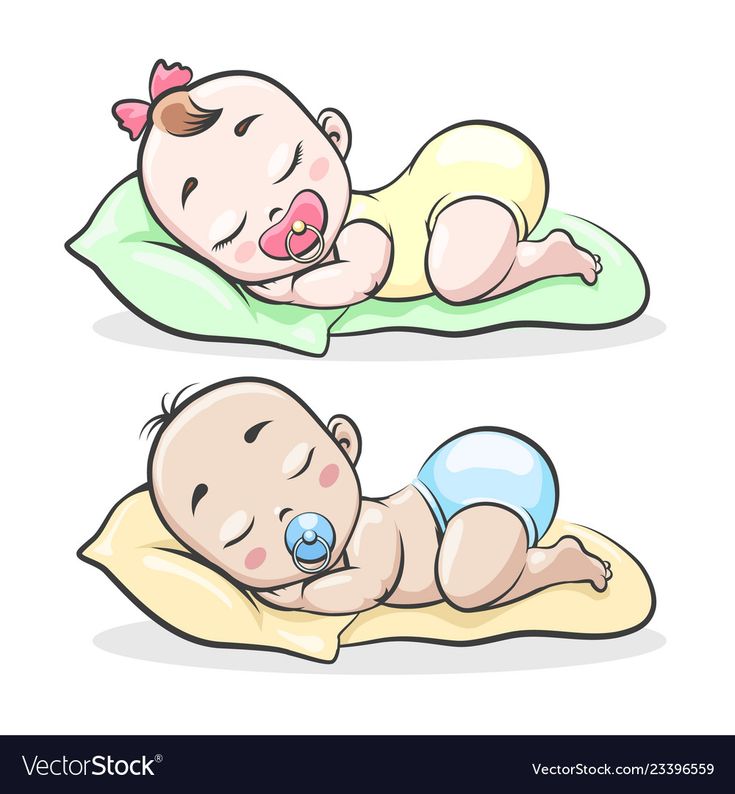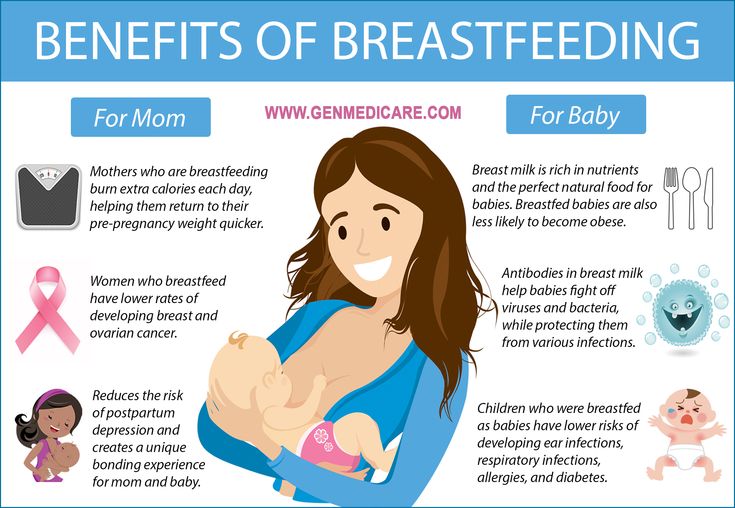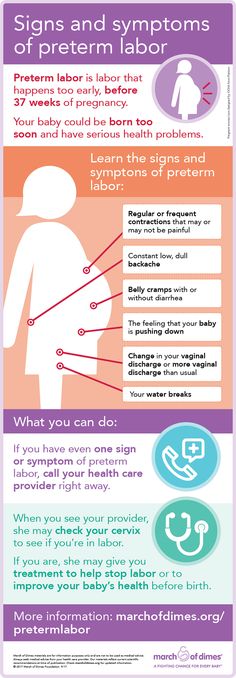When do newborns start sleeping more
Baby sleep: what to expect at 2-12 months
Baby sleep needs
Babies need sleep to grow and develop well. But babies’ sleep needs vary, just as the sleep needs of older children and adults do. Your baby might be doing well with more or less sleep than other babies the same age.
Your baby’s mood and wellbeing is often a good guide to whether your baby is getting enough sleep. If your baby is:
- wakeful and grizzly, they might need more sleep
- wakeful and contented, they’re probably getting enough sleep.
How baby sleep changes from 2 to 12 months
As they get older, babies:
- sleep less in the daytime
- are awake for longer between naps
- have longer night-time sleeps and wake less at night
- need less sleep overall.
2-3 months: what to expect from baby sleep
At this age, babies sleep on and off during the day and night. Most babies sleep for 14-17 hours in every 24 hours.
Young babies sleep in cycles that last 50-60 minutes. In young babies, each cycle is made up of active sleep and quiet sleep. Babies move around and grunt during active sleep, and sleep deeply during quiet sleep.
At the end of each cycle, babies wake up for a little while. They might grizzle or cry. They might need help to settle for the next sleep cycle.
At 2-3 months, babies start developing night and day sleep patterns. This means they tend to start sleeping more during the night.
Around 3 months: what to expect from baby sleep
Babies keep developing night and day sleep patterns.
Their sleep cycles consist of:
- light sleep, when baby wakes easily
- deep sleep, when baby is sound asleep and very still
- dream sleep, when baby is dreaming.
Sleep cycles also get longer, which might mean less waking and resettling during sleep. At this age, some babies might regularly be having longer sleeps at night – for example, 4-5 hours.
Most babies still sleep for 14-17 hours in every 24 hours.
3-6 months: what to expect from baby sleep
At this age, most babies sleep for 12-15 hours every 24 hours.
Babies might start moving towards a pattern of 2-3 daytime sleeps of up to two hours each.
And night-time sleeps get longer at this age. For example, some babies might be having long sleeps of six hours at night by the time they’re six months old.
But you can expect that your baby will still wake at least once each night.
6-12 months: what to expect from baby sleep
Babies sleep less as they get older. By the time your baby is one year old, baby will probably sleep for 11-14 hours every 24 hours.
Sleep during the night
From about six months, most babies have their longest sleeps at night.
Most babies are ready for bed between 6 pm and 10 pm. They usually take less than 40 minutes to get to sleep, but some babies take longer.
At this age, baby sleep cycles are closer to those of grown-up sleep – which means less waking at night. So your baby might not wake you during the night, or waking might happen less often.
But many babies do wake during the night and need an adult to settle them back to sleep. Some babies do this 3-4 times a night.
Sleep during the day
At this age, most babies are still having 2-3 daytime naps that last for between 30 minutes and 2 hours.
6-12 months: other developments that affect sleep
From around six months, babies develop many new abilities that can affect their sleep or make them more difficult to settle:
- Babies learn to keep themselves awake, especially if something interesting is happening, or they’re in a place with a lot of light and noise.
- Settling difficulties can happen at the same time as crawling. You might notice your baby’s sleep habits changing when baby starts moving around more.

- Babies learn that things exist, even when they’re out of sight. Now that your baby knows you exist when you leave the bedroom, baby might call or cry out for you.
- Separation anxiety is when babies get upset because you’re not around. It might mean your baby doesn’t want to go to sleep and wakes up more often in the night. As babies mature they gradually overcome this worry.
6-12 months: night-time feeding
From around six months of age, if your baby is developing well, it’s OK to think about night weaning and phasing out night feeds. But if you’re comfortable with feeding your baby during the night, there’s no hurry to phase out night feeds.
You can choose what works best for you and your baby.
A rollover feed is a late feed somewhere between 10 pm and midnight. Some parents find that rollover feeds help babies sleep longer towards morning. If this works for you and your baby, it’s fine to give baby a rollover feed.
Concerns about baby sleep
If you’re concerned about your baby’s sleep, it can be a good idea to track your baby’s sleep for a week or so. This can help you get a clear picture of what’s going on.
This can help you get a clear picture of what’s going on.
You can do this by drawing up a simple chart with columns for each day of the week. Divide the days into hourly blocks, and colour the intervals when your baby is asleep. Keep your chart for 5-7 days.
Once completed, the chart will tell you things like:
- when and how much sleep your baby is getting
- how many times your baby is waking during the night
- how long your baby is taking to settle after waking.
You can also record how you tried to resettle your baby and what worked or didn’t work.
Then you can compare the information in your chart with the general information about baby sleep needs above:
- How does your child compare to other babies the same age? If your baby is wakeful and grizzly and getting much less sleep than others, your baby might need more opportunities for sleep.
- How many times is your baby over six months old waking up during the night? If it’s 3-4 times a night or more, you might be feeling very tired.
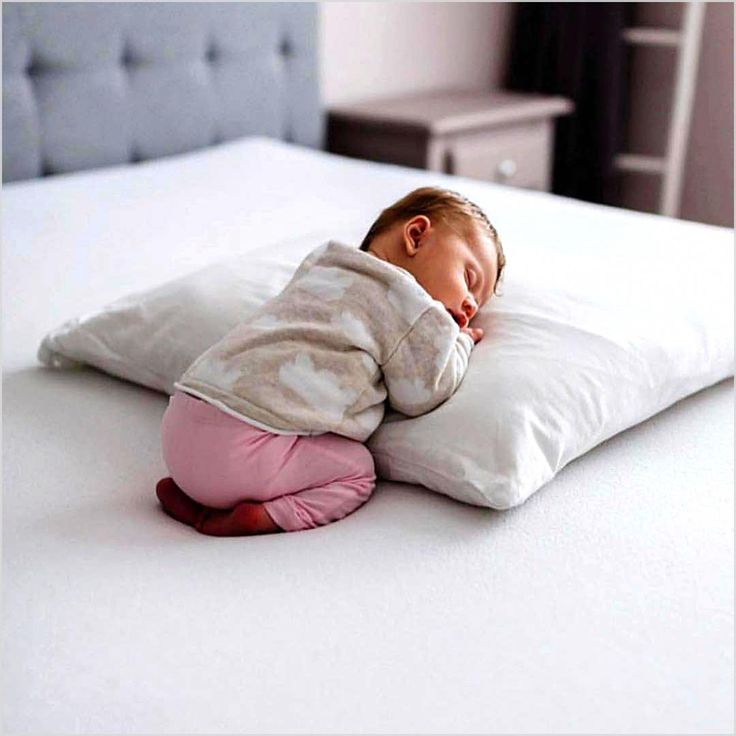 You might want to think about phasing out some of your baby’s sleep habits.
You might want to think about phasing out some of your baby’s sleep habits.
If you decide you need to see a professional for help with your baby’s sleep, take your chart with you.
If you’re concerned about your baby’s sleep, it’s a very good idea to see a child health professional for help. You could start by talking with your GP or child and family health nurse.
How baby sleep patterns affect grown-ups
Babies and grown-ups need sleep for wellbeing, but babies sleep differently from adults. Most parents of babies under six months of age get up in the night to feed and settle their babies. For many, this keeps going after six months.
Some parents are OK with getting up a lot at night as long as they have enough support and they can catch up on sleep at other times. For others, getting up in the night over the long term has a serious effect on them and their family lives.
The quality of your sleep can affect your health and your mood. Being exhausted can make it hard to give your baby positive attention during the day. And your relationship with your baby and the time and attention you give baby during the day can affect the quality and quantity of baby’s sleep.
And your relationship with your baby and the time and attention you give baby during the day can affect the quality and quantity of baby’s sleep.
So it’s important that you get some help if you’re not getting enough sleep. You could start by asking family or friends for help. And if you feel that lack of sleep is affecting you mentally or emotionally, it’s a very good idea to talk with your GP or another health professional.
There’s a strong link between baby sleep difficulties and symptoms of postnatal depression in women and postnatal depression in men. But the link isn’t there if parents of babies with sleep difficulties are getting enough sleep themselves.
Languages other than English
- Arabic (PDF: 471kb)
- Dari (PDF: 469kb)
- Karen (PDF: 298kb)
- Persian (PDF: 420kb)
- Simplified Chinese (PDF: 502kb)
- Vietnamese (PDF: 324kb)
Sleep and Your 1- to 3-Month-Old (for Parents)
Just when you think that getting more shut-eye is a far-off dream, your baby will begin to sleep longer stretches at night.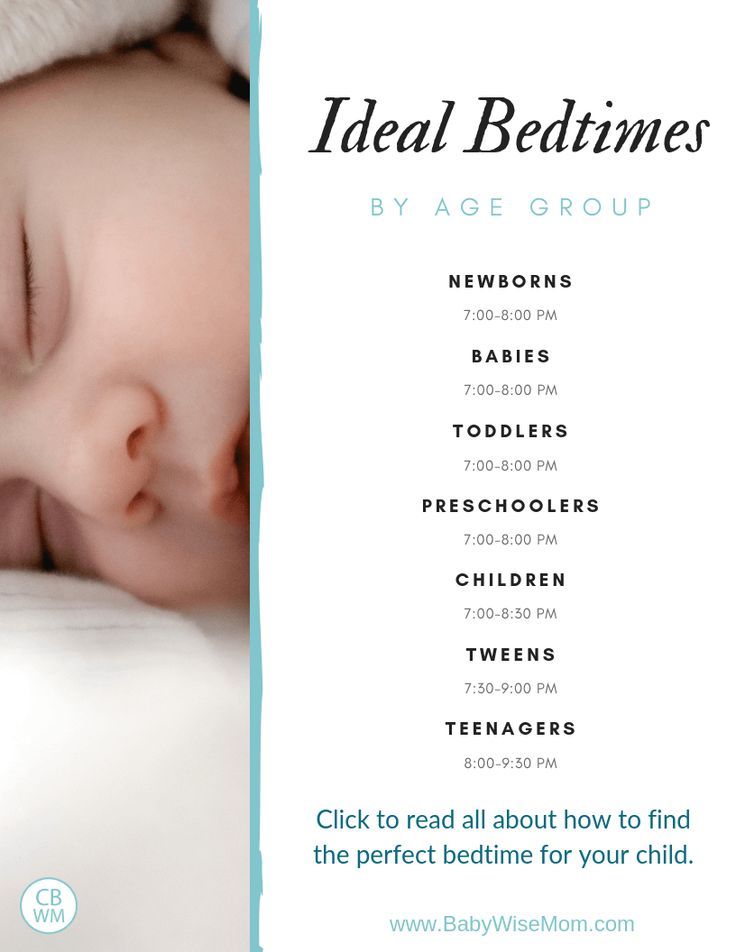 Baby's sleep cycle is getting closer to yours, and your little one may be feeding less often at night.
Baby's sleep cycle is getting closer to yours, and your little one may be feeding less often at night.
But don't assume you'll be hitting the snooze button just yet. At this stage, "sleeping through the night" is considered to be a stretch of only 5 or 6 hours.
How Long Will My Baby Sleep?
Because babies this age are more awake, alert, and aware of their surroundings during daylight hours, they're more likely to be tired at night and sleep. But the range of normal is still very wide.
Infants up to 3 months old should get 14–17 hours of sleep over a 24-hour period, says the National Sleep Foundation. Many will have settled into a daily sleep routine of 2-3 naps during the day, followed by a longer "sleeping through the night" stretch after a late-night feeding.
How Should Babies Sleep?
The American of Academy of Pediatrics (AAP) recommends room-sharing without bed-sharing for at least the first 6 months or, ideally, until a baby's first birthday.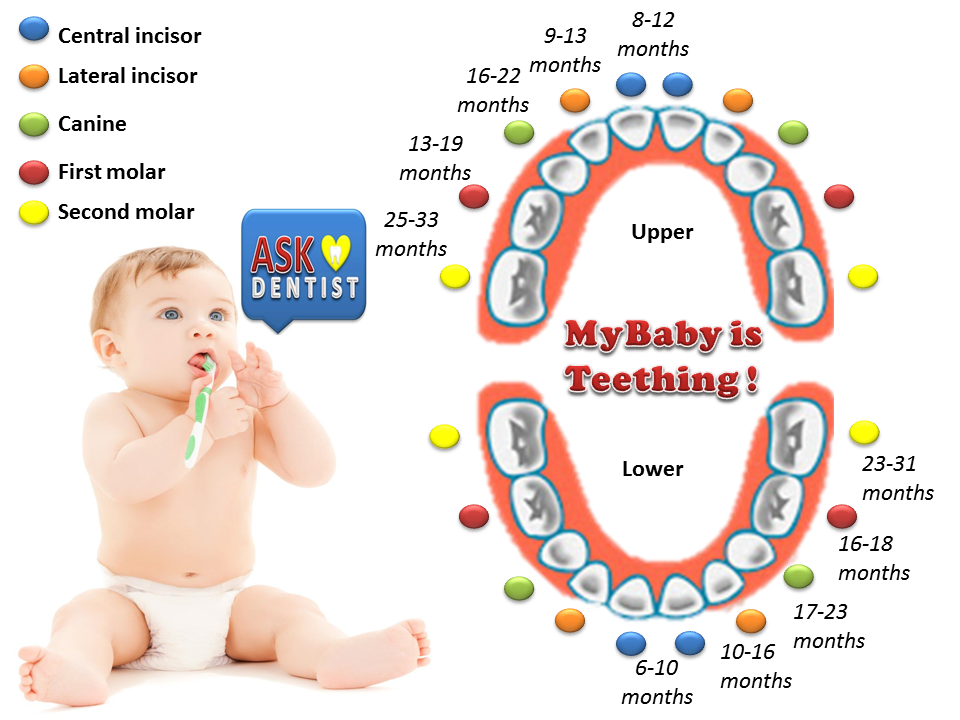 This is when the risk of SIDS (sudden infant death syndrome) is highest.
This is when the risk of SIDS (sudden infant death syndrome) is highest.
Room-sharing is when you place your baby's crib, portable crib, play yard, or bassinet in your own bedroom instead of in a separate room. This keeps baby nearby and helps with feeding, comforting, and monitoring baby at night.
While room-sharing is safe, putting your baby to sleep in bed with you is not. Bed-sharing increases the risk of SIDS and other sleep-related deaths.
Follow these recommendations for a safe sleep environment for your little one:
- Always place your baby on their back to sleep, not on the stomach or side. The rate of SIDS has gone way down since the AAP began recommending this in 1992.
- Use a firm, flat sleep surface. Cover the mattress with a sheet that fits snugly.
- Do not put anything else in the crib or bassinet. Keep plush toys, pillows, blankets, unfitted sheets, quilts, comforters, sheepskins, and bumper pads out of your baby's sleep area.

- To avoid overheating, dress your baby for the room temperature and don't overbundle. Don't cover your baby's head while they're sleeping. Watch for signs of overheating, such as sweating or feeling hot to the touch.
- Keep your baby away from smokers. Secondhand smoke increases the risk of SIDS.
- Offer a pacifier to your baby at sleep time, but don’t force it. If the pacifier falls out during sleep, you don’t have to replace it. If you're breastfeeding, wait until breastfeeding is firmly established.
- Watch out for other hazards, such as items with cords, ties, or ribbons that can wrap around a baby's neck, and objects with any kind of sharp edge or corner. Look around for things that your baby can touch from a seated or standing position in the crib. Hanging mobiles, wall hangings, pictures, draperies, and window blind cords could be harmful if they are within a baby's reach.
- Don’t let your baby fall asleep on a product that isn’t specifically designed for sleeping babies, such as a sitting device (like a car seat), a feeding pillow (like the Boppy pillow), or an infant lounger (like the Dock-a-Tot, Podster, and Bummzie).

- Don’t use products or devices that claim to lower the risk of SIDS, such as sleep positioners (like wedges or incliners) or monitors that can detect a baby’s heart rate and breathing pattern. No known products can actually do this.
- Don’t use weighted blankets, sleepers, or swaddles on or around your baby.
- Make sure that all sleep surfaces and products you use to help your baby sleep have been approved by the U.S. Consumer Product Safety Commission (CPSC) and meet federal safety standards.
Helping Your Baby Sleep
If you haven't already, start a bedtime routine that will be familiar and relaxing for your baby. Bathing, reading, and singing can soothe babies and signal an end to the day. Some babies like to be swaddled (wrapped in a light blanket). This is OK until they start to roll (typically, when they're 3 to 4 months old). Be consistent and your baby will soon associate these steps with sleeping.
If you rock your baby to sleep before bedtime, your little one may expect to be rocked to sleep after nighttime awakenings.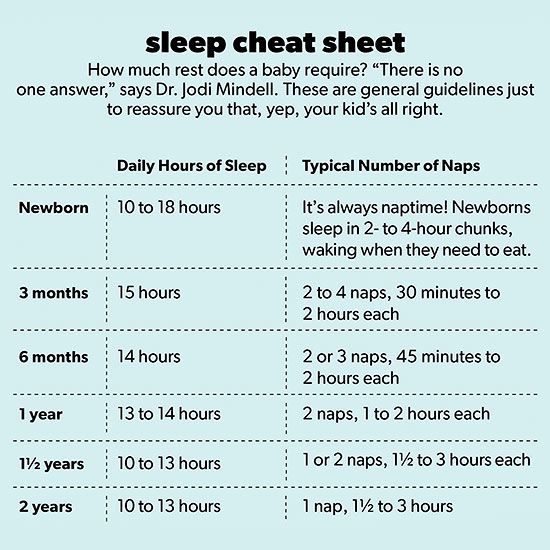 Instead, try putting your baby into a crib or bassinet while drowsy but still awake. This way your baby will learn to fall asleep on their own.
Instead, try putting your baby into a crib or bassinet while drowsy but still awake. This way your baby will learn to fall asleep on their own.
Some babies squirm, whine, and even cry a little before falling back to sleep on their own. Unless you think that your baby is hungry or ill, see what happens if you leave your baby alone for a few minutes — they might settle down.
If your baby wakes during the period that you want them to sleep, keep activity to a minimum. Try to keep the lights low and resist the urge to play with or talk to your baby. Change or feed your baby and then return your little one to the crib or bassinet.
If your baby is waking early for a morning feeding, some small changes may allow a slight shift in schedule. You might try waking your baby for the late-night feeding at a time that suits your sleep schedule:
- For instance, if your baby sleeps after a 7 p.m. feeding and wakes up at 2 a.m. to eat, try waking the baby to feed at 11 p.m. Then, put your little one down to sleep until an early-morning feeding at 5 a.
 m. or 6 a.m.
m. or 6 a.m.
It may take a few nights to establish this routine, but being consistent will improve your chances of success.
When Should I Call the Doctor?
Some infants at this age will start sleeping through the night, but there is a wide range of normal. If you have questions about your baby's sleep, talk with your doctor.
0 to 6 months
0 to 3 months
Typical sleep at this age
At this age, the newborn sleeps quite a lot - approximately 17 to 18 hours a day during the first few weeks and 15 hours a day by three months.
Children almost never sleep more than three or four hours in a row, day or night. This means that you will not be able to sleep for many hours in a row either. You will have to get up at night to feed and change your baby; during the day you will play with it. While some babies sleep through the night as early as 8 weeks old, many babies don't get that far until they are 5 or 6 months old. You will help your child achieve this result sooner by instilling good sleep habits in him from the very beginning.
You will help your child achieve this result sooner by instilling good sleep habits in him from the very beginning.
How to develop healthy sleep habits?
Here's what you can do at this age to help your child develop proper sleep habits:
Study your child's signs of fatigue. If you don't put him to bed longer than this time, he will be overtired and won't be able to sleep well. Watch until you notice that the child is becoming sleepy. Does he rub his eyes, tug at his ear, do faint dark circles appear under his eyes? If you observe these or any other signs of drowsiness, send him straight to the crib. Soon you will become so familiar with your baby's daily rhythms and behaviors that you will develop a sixth sense and instinctively know when he is ready for bed.
Start explaining the difference between day and night
Some babies are owls (you may have noticed some hints of this during pregnancy). And while you want to turn off the light, the child may still be very active. For the first few days, you won't be able to do anything about it. But once your baby is about 2 weeks old, you can start teaching him to tell the difference between night and day.
For the first few days, you won't be able to do anything about it. But once your baby is about 2 weeks old, you can start teaching him to tell the difference between night and day.
When the child is alert and active during the day, play with him, turn on the lights in the house and in his room, do not try to reduce the usual daytime noises (sounds of the phone, TV or dishwasher). If he falls asleep while feeding, wake him up. Do not play with your child at night. When you enter his feeding room, dim the lights and noise, don't talk to him for too long. It won't be long before your baby starts to understand that night time is for sleep.
Give him a chance to fall asleep on his own
When your baby is 6 to 8 weeks old, start giving him a chance to fall asleep on his own. How? Put him to bed when he's sleepy but still awake, experts advise. They discourage motion sickness or feeding the baby before bed. “Parents think that if they start training a child too early, it will not work,” they say, “But this is not so.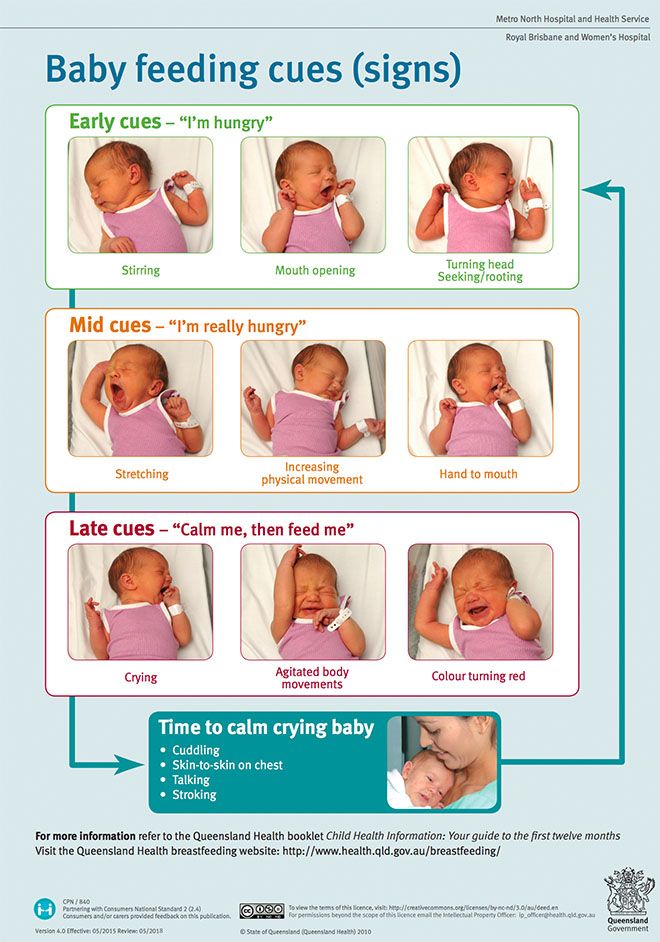 Babies develop sleep habits. If you rock your baby before bed every night for the first eight weeks, why should he expect anything different later?
Babies develop sleep habits. If you rock your baby before bed every night for the first eight weeks, why should he expect anything different later?
What difficulties might arise?
By the time your baby is 2 or 3 months old, he may already be waking up at night more than he should and developing negative sleep associations.
Newborns must wake up at night for food, but some may accidentally wake themselves before they really need to feed. To avoid this, try swaddling your baby (wrap him snugly in a blanket) before putting him to bed at night.
Avoid unnecessary associations with sleep - your child should not depend on motion sickness, feeding in order to fall asleep. Put the baby to bed before he falls asleep and let him fall asleep on his own.
3 to 6 months
Typical sleep at this age
Congratulations! Now all your nightly rises every two or three hours are over (hopefully). By 3 or 4 months, most babies sleep 15 hours a day, 10 of them at night, and the rest of the time is divided between three naps (which will decrease to two when your baby is 6 months old).
At the beginning of this period, you may still get up once or twice a night for feedings, but by 6 months your baby will be able to sleep through the night. But it will depend on whether you develop healthy sleep habits in him.
How to develop healthy sleep habits?
Set a clear night and day sleep schedule and stick to it.
While your baby was a newborn, you could decide when to put him to bed during the night, watching for signs of sleepiness (rubbing his eyes, rubbing his ear, etc.). Now that he's a little older, you should set specific times for him to sleep at night and during the day.
In the evening, a good time for a child is between 19.00 and 20.30. Later, he will most likely be too tired and it will be difficult for him to fall asleep. Your child may not look tired late at night - on the contrary, he may seem very energetic. But believe me, this is a sure sign that it's time for the baby to sleep.
In the same way, you can set your nap time - schedule it for the same time every day, or feel free to put your baby to bed when you see that he is tired and needs to rest. Either approach is acceptable as long as the baby is getting enough sleep.
Either approach is acceptable as long as the baby is getting enough sleep.
Start establishing a bedtime ritual
If you haven't already, it's time to start at 3-6 months of age. A bedtime ritual may include the following: give him a bath, play quiet games with him, read a bedtime story or two, sing a lullaby. Kiss him and say goodnight.
No matter what your family's ritual involves, you must do it in the same order, at the same time, every night. Children need consistency, and sleep is no exception.
Wake your child up in the morning
If your child often sleeps more than 10 hours at night, it is advisable to wake him up in the morning. Thus, you will help him restore the mode. Keeping a nightly sleep schedule may not seem difficult to you, but remember that your child should sleep on schedule and during the day. Waking up at the same time every morning will help.
What difficulties might arise?
The two problems of nocturnal awakenings and the development of negative sleep associations (when your baby becomes dependent on motion sickness or feeding as a prerequisite for falling asleep) affect both newborns and older children.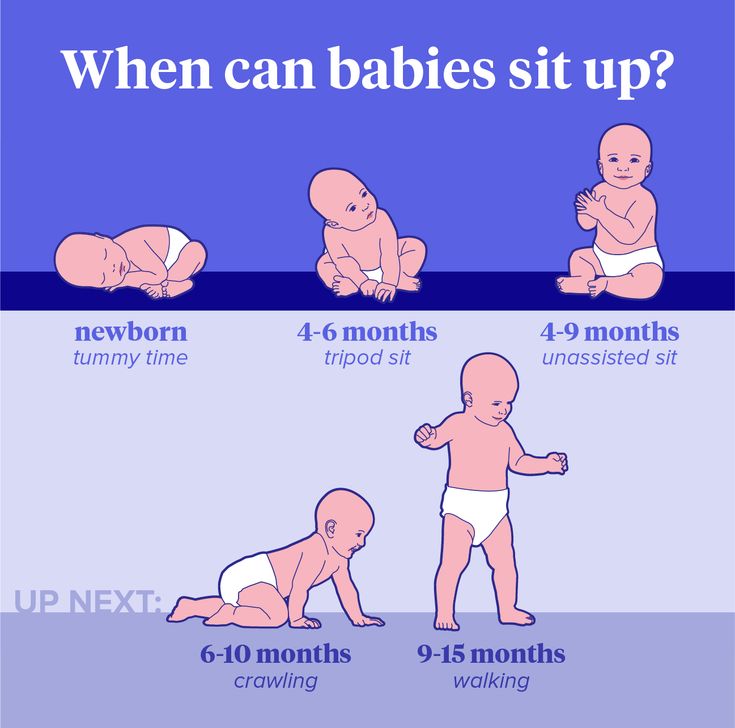 But by about 3-6 months, another problem may arise - difficulty falling asleep.
But by about 3-6 months, another problem may arise - difficulty falling asleep.
If your child has difficulty falling asleep in the evening, first make sure that he does not stay up too late (as we mentioned, an overtired child has difficulty falling asleep). If this is not the case, then he may have developed one or more associations associated with sleep. Now is the time to get rid of them. The child must learn to fall asleep on his own, and not calmed down, thanks to your hands, chest, or dummy.
What tactics to get rid of associations to choose is up to you. The easiest option is to wait until the child “shouts out and falls asleep”, which is not suitable for everyone.
References
- Larsen C., Boyd C., Villwock M., Steffen A., Heiser C., Boon M., Huntley C., Doghramji K., Soose RJ., Kominsky A., Waters T., Withrow K., Parker N., Thaler E., Dhanda Patil R., Green KK., Chio E., Suurna M., Schell A., Strohl K. Evaluation of Surgical Learning Curve Effect on Obstructive Sleep Apnea Outcomes in Upper Airway stimulation.
 // Ann Otol Rhinol Laryngol - 2021 - Vol130 - N5 - p.467-474; PMID:32924533
// Ann Otol Rhinol Laryngol - 2021 - Vol130 - N5 - p.467-474; PMID:32924533 - Magalhaes MGS., Teixeira JB., Santos AMB., Clímaco DCS., Silva TNS., Lima AMJ. Construct validity and reproducibility of the six-minute step test in subjects with obstructive sleep apnea treated with continuous positive airway pressure. // J Bras Pneumol - 2020 - Vol46 - N3 - p.e20180422; PMID:32321033
- Zhou K., Wang W., Zhao W., Li L., Zhang M., Guo P., Zhou C., Li M., An J., Li J., Li X. Benefits of a WeChat-based multimodal nursing program on early rehabilitation in postoperative women with breast cancer: A clinical randomized controlled trial. // Int J Nurs Stud - 2020 - Vol106 - NNULL - p.103565; PMID:32272281
- Noguchi T., Kashiwagi K., Fukuda K. The effectiveness of stabilization appliance therapy among patients with myalgia. // Clin Exp Dent Res - 2020 - Vol6 - N2 - p.244-253; PMID:32250573
- Rizio AA., Bhor M., Lin X., McCausland KL., White MK., Paulose J., Nandal S.
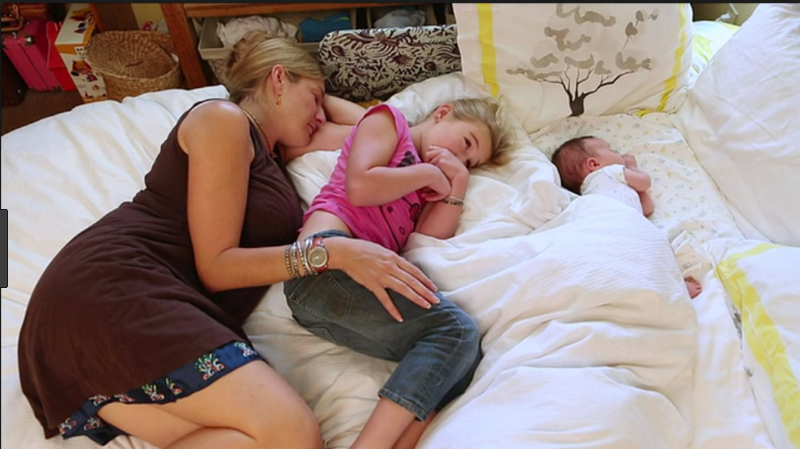 , Halloway RI., Bronté-Hall L. The relationship between frequency and severity of vaso-occlusive crises and health-related quality of life and work productivity in adults with sickle cell disease. // Qual Life Res - 2020 - Vol29 - N6 - p.1533-1547; PMID:31933113
, Halloway RI., Bronté-Hall L. The relationship between frequency and severity of vaso-occlusive crises and health-related quality of life and work productivity in adults with sickle cell disease. // Qual Life Res - 2020 - Vol29 - N6 - p.1533-1547; PMID:31933113 - Behrendt D., Ebert DD., Spiegelhalder K., Lehr D. Efficacy of a Self-Help Web-Based Recovery Training in Improving Sleep in Workers: Randomized Controlled Trial in the General Working Population. // J Med Internet Res - 2020 - Vol22 - N1 - p.e13346; PMID:31909725
- Davis KA., Edgar-Zarate CL., Bonilla-Velez J., Atkinson TN., Tulunay-Ugur OE., Agarwal A. Using Didactics and Simulation to Enhance Comfort, Knowledge, and Skills of Nonsurgical Trainees Caring for Patients With Tracheostomy and Laryngectomy. // Simul Healthc - 2019 - Vol14 - N6 - p.384-390; PMID:31804423
- Koo BB., Sico JJ., Myers LJ., Perkins AJ., Levine D., Miech EJ., Damush TM., Rattray N., Homoya B., Ferguson J., Myers J., Zhang Y.
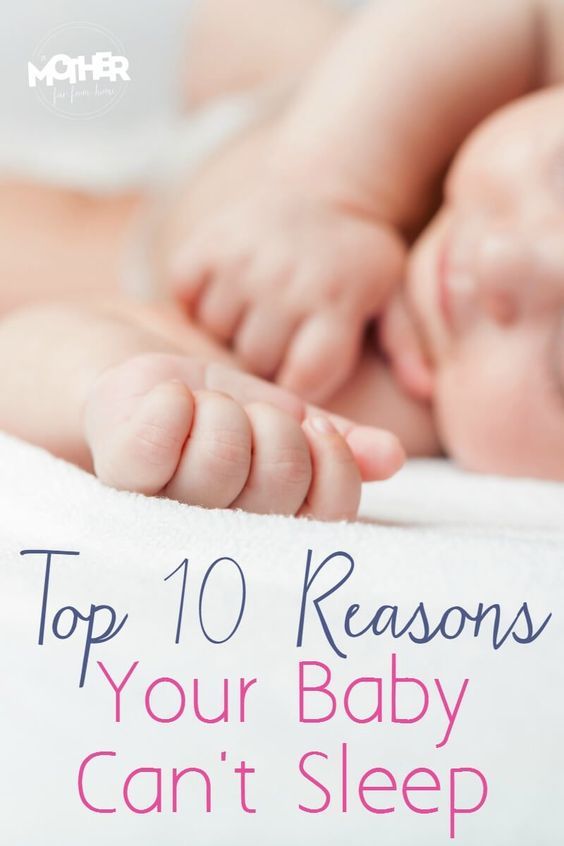 , Bravata DM. Polysomnography Utilization in Veterans Presenting Acutely with Ischemic Stroke or Transient Ischemic Attack. // Cerebrovasc Dis - 2019- Vol48 - N3-6 - p.179-183; PMID:31722335
, Bravata DM. Polysomnography Utilization in Veterans Presenting Acutely with Ischemic Stroke or Transient Ischemic Attack. // Cerebrovasc Dis - 2019- Vol48 - N3-6 - p.179-183; PMID:31722335 - Jabrayilov R., Vermeulen KM., Detzel P., Dainelli L., van Asselt ADI., Krabbe PFM. Valuing Health Status in the First Year of Life: The Infant Health-Related Quality of Life Instrument. // Value Health - 2019 - Vol22 - N6 - p.721-727; PMID:31198190
- Miller T., Antos NJ., Brock LA., Wade T., Goday PS. Lactation Consultation Sustains Breast Milk Intake in Infants With Cystic Fibrosis. // J Pediatr Gastroenterol Nutr - 2019 - Vol69- N3 - p.358-362; PMID:31181018
How long does a newborn sleep - Matroskin
How to understand that the child sleeps as much as he needs, and his sleep pattern is not disturbed due to some reason? How to stop worrying about this, if each child is an individual, and there are no strict norms for sleep time? When should you start teaching your baby to distinguish between day and night? When should you start teaching yourself to fall asleep? What is the best way to prepare a child for sleep so that he falls asleep without problems?
All these questions concern young parents in whose house the first-born has appeared.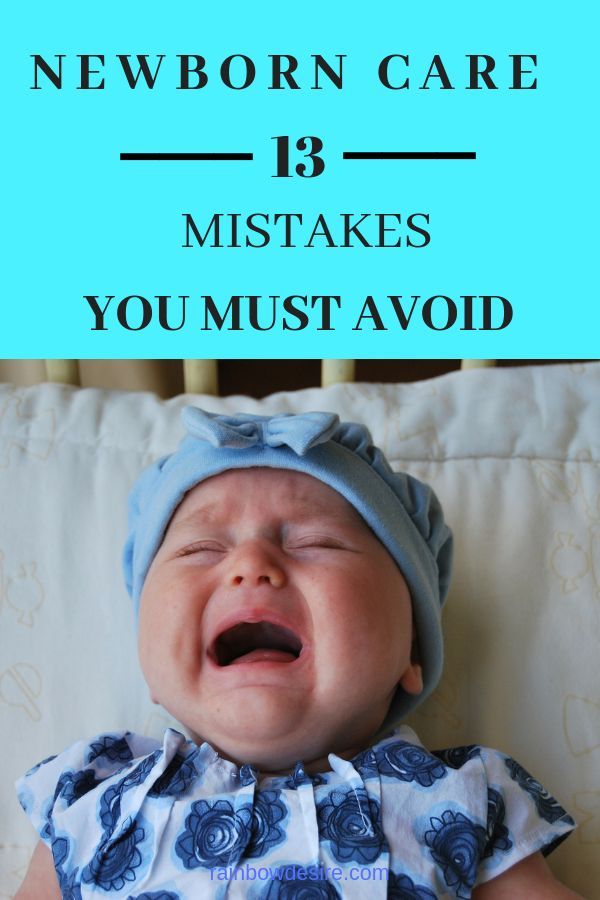 You will find answers to them in this article. Here all the nuances regarding the sleep of a newborn are considered. And the most complete information is collected. After reviewing it, you will be ready to create a sleep ritual, set an individual sleep schedule, etc.
You will find answers to them in this article. Here all the nuances regarding the sleep of a newborn are considered. And the most complete information is collected. After reviewing it, you will be ready to create a sleep ritual, set an individual sleep schedule, etc.
The article details the features of a child's sleep at different ages, from birth to 2-3 years, broken down into three-month periods. The features of behavior and sleep of each age group are described in great detail, in an exhaustive volume.
Read this article and get the information you need in full.
A number of factors affect the duration and quality of a child’s sleep:
— physiological state of health;
— psychological health;
- temperament;
- schedule.
If the baby is healthy, he is in good health, he is active and alert, but at the same time, he sleeps less than recommended, there is no reason to worry. Of course, if we are talking about minor deviations.
INFANT SLEEP FROM BIRTH TO 3 MONTHS
During the first few weeks of life, the child sleeps as much as possible - up to 18 hours a day, closer to three months this period is reduced to 16-17 hours.
At this age, the average duration of one sleep session of the baby will be no more than 4 hours, regardless of the time of day. So, mom will have to forget about a full-fledged eight-hour sleep. The main tasks at night are feeding, swaddling, during the day - playing, learning.
To help your child acquire proper sleep habits, you need to follow some guidelines.
Look for signs of baby fatigue.
Until the first two months of life, the child will not be able to stay awake for more than two hours in a row. If his activity lasts more than the specified time, overwork will set in, and the mother will have to face whims and possibly even tantrums that will not allow the child to sleep well.
It is important to learn to recognize the signs of baby sleepiness:
- the appearance of faint dark circles under the eyes;
- the baby pulls his ear;
- rubs eyes.
After a short period of time, the daily rhythm of the child will become systemic, and the mother will instinctively understand when he wants to sleep.
The baby must understand the difference between day and night.
Already at the stage of pregnancy, many women can notice that their baby is an owl. For example, parents turn off the light, but the child continues to be active. After 10-15 days of life, you can teach him to distinguish between day and night. During the day, mom should play with him, the lights should be on in the house, and everyday household noise should not be reduced (TV, washing machine, phone ringing).
At night, games should be stopped, noise should be minimized, lights should be dimmed, and games should be limited.
The child must learn to fall asleep on his own.
When an infant reaches the age of 6-8 weeks, he must learn to fall asleep without assistance. When the baby shows signs of fatigue and drowsiness, just put him in the crib.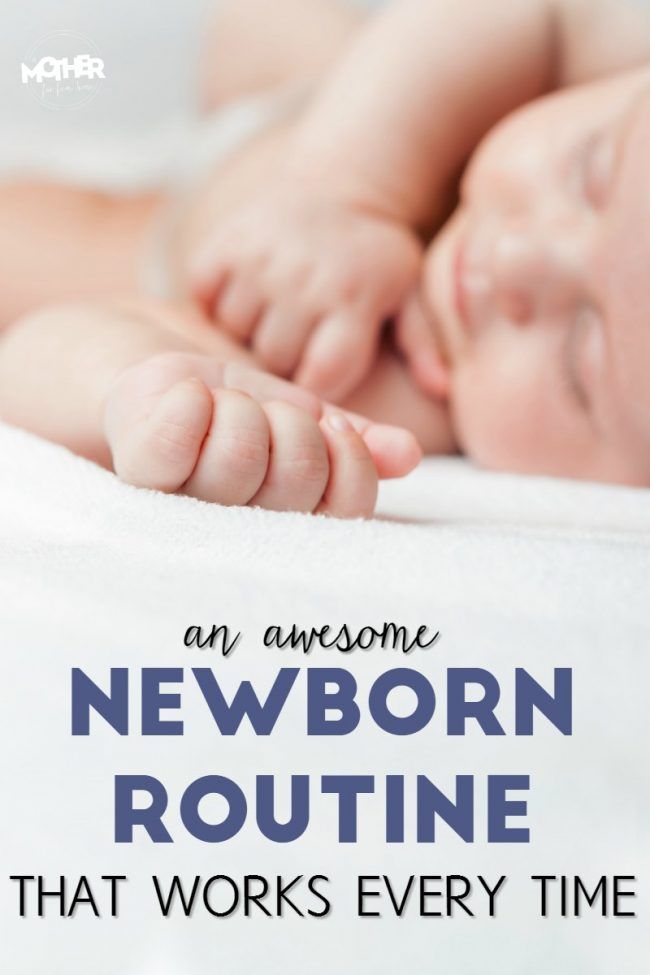 Motion sickness and feeding before bedtime quickly lead to addiction, the mother will not have time to come to her senses, as the child will get used to this way of falling asleep and it will be extremely problematic to wean him from this.
Motion sickness and feeding before bedtime quickly lead to addiction, the mother will not have time to come to her senses, as the child will get used to this way of falling asleep and it will be extremely problematic to wean him from this.
HOW MUCH SLEEP DOES A 3 TO 6 MONTHS CHILD SLEEP?
Infants by 3-4 months of life sleep up to 16-17 hours a day. At night there is an average of 11 hours, the rest of the time is distributed 3-4 times a day. At the beginning of the period, the mother will still have to wake up 1-2 times a night for feedings, but by six months the baby will have to sleep 7-8 hours at night continuously. At this stage, experts give even more recommendations on the proper upbringing of the child and the formation of his regimen.
A clear regimen of daytime and nighttime sleep should be established.
The optimal time for going to bed at night is 19:30-20:30. If you ignore the child's prerequisites for sleep, he will overwork, and all attempts to put him to bed will end in whims and hysteria.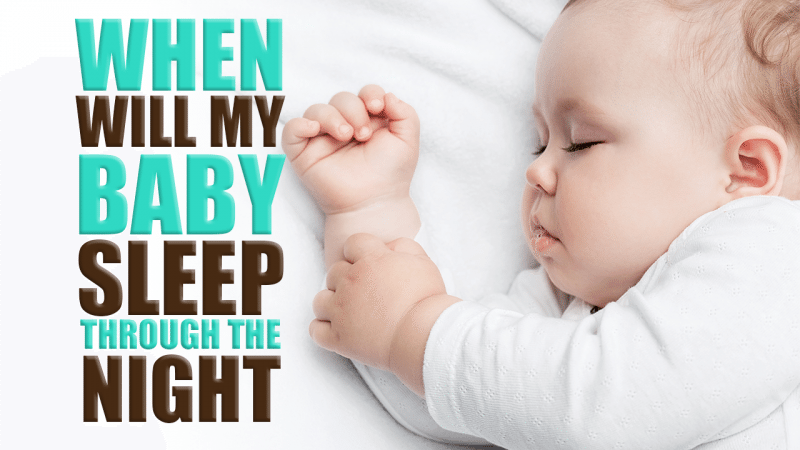
It will not be superfluous to plan your daytime sleep. Going to bed at the same time for 10-15 days will develop a "schedule" for the baby, according to which he will be ready to go to bed
Create a bedtime ritual.
Getting ready for bed may include taking a bath, quiet soothing games, reading fairy tales, or singing lullabies. At the end, the mother can kiss the baby, wishing "sweet dreams".
The ritual may include other events, it is important that they have a strict order and are performed at the same time every evening.
The child must be woken up in the morning.
If a night's sleep lasts more than 11 hours, experts recommend waking the baby. So he will restore the regime and there will be a desire to fall asleep throughout the day.
PECULIARITIES OF SLEEP IN THE PERIOD FROM HALF A YEAR TO 9 MONTHS
Sleep still takes up most of the baby's day, until 15 o'clock he will spend in his crib, snoring softly.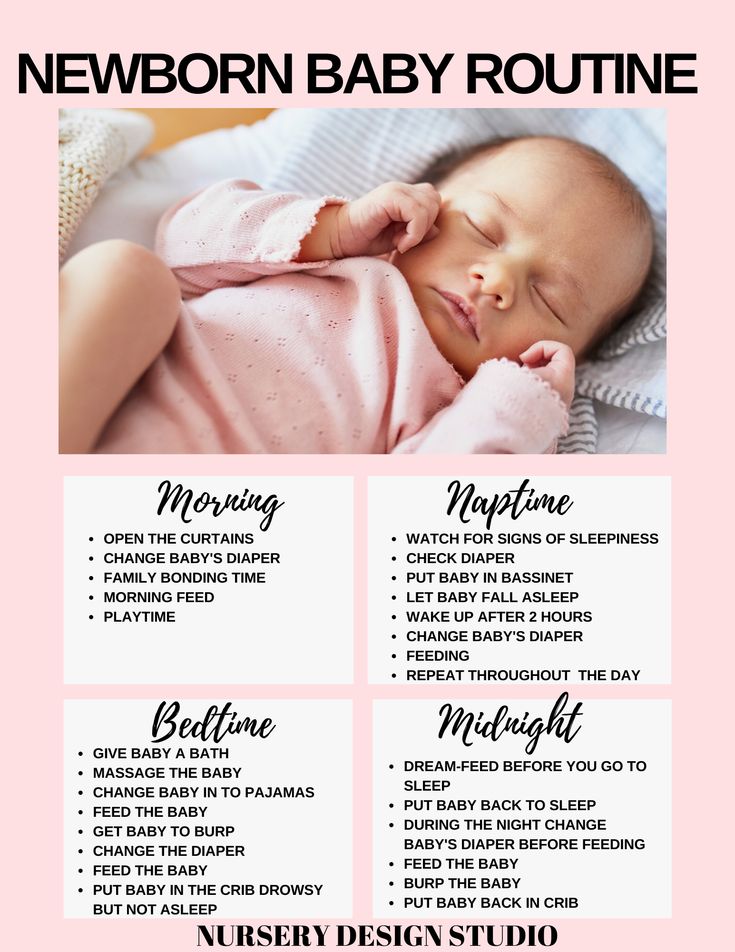 At night, this period will be 7-8 hours continuously. If this gap increases, it means that the baby wakes up for a short time and falls asleep on his own - this is evidence of a calm character, physical well-being and a balanced nervous system.
At night, this period will be 7-8 hours continuously. If this gap increases, it means that the baby wakes up for a short time and falls asleep on his own - this is evidence of a calm character, physical well-being and a balanced nervous system.
During the day, the child sleeps twice for 2 and 1.5 hours.
The previously established ritual of going to bed becomes more understandable for the child and often he himself begins to participate in it. Taking a bath, a soothing game, fairy tales and a lullaby should take place in the same sequence. Young children love consistency that they can rely on. The beginning of the obligatory ritual will show that you need to calm down and get ready for bed.
Compliance with the regimen of daytime and nighttime sleep will also improve the well-being of the child. When he eats, plays, bathes and goes to bed at strictly set hours every day, biological rhythms are adjusted, the baby eats better, falls asleep faster. He should be able to do the latter on his own, the mother should put the child to bed a few minutes before he falls asleep without connecting external factors - feeding or motion sickness.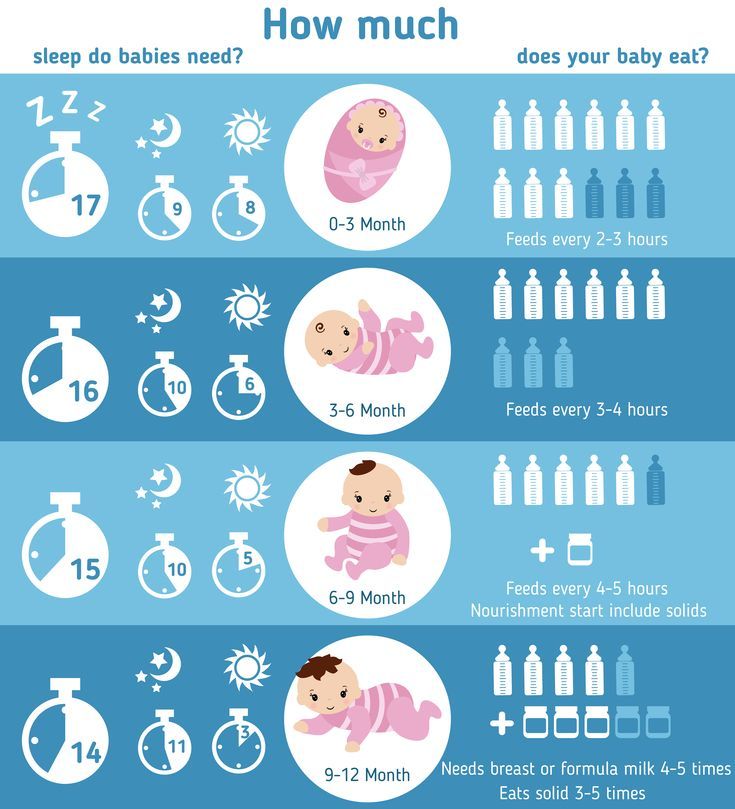 If the actions of an adult are accompanied by a crying baby, turning into a tantrum, today attempts to accustom to independent sleep should be stopped.
If the actions of an adult are accompanied by a crying baby, turning into a tantrum, today attempts to accustom to independent sleep should be stopped.
CHILD MONTHS TO ONE YEAR OF AGE. SLEEP RULES
A full night's sleep for young children during this period can be 11 hours. It is important that the baby gets enough sleep, this is an important condition for its proper development. Daytime sleep takes place in two sessions of 1.5 and 2 hours. The sleep schedule during the daytime should have strict boundaries. Sliding threatens problems with falling asleep and frequent waking up at night.
What sleep problems can arise?
The child is already quite developed, he sits confidently, rolls over, crawls, and maybe even walks. He makes a lot of effort to move confidently, excessive overexcitation is fraught with problems with falling asleep and frequent awakenings at night.
If the baby does not calm down on his own and continues to be naughty, you need to approach and calm him down.
SLEEP FROM A YEAR TO 1.5 YEARS
Until the child is 2 years old, he should sleep up to 14 hours a day: 11 at night and 3 during the day. During the period from 12 to 18 months, the number of sessions of sleep during the day should gradually decrease from two to one. The mode of daily one-time 1.5-2 hour sleep will last up to 4-5 years.
To make the transition less problematic, days with two naps should alternate with one nap.
Tips for putting your baby to bed.
As before, with the approach of the time of night rest, the baby should calm down. If a child needs a splash of excess energy, he can run a little or play active games with a smooth transition to calm ones. Even if you spend the night away from home, you can’t deviate from the “night scenario”.
Possible difficulty falling asleep.
The kid is so happy with his new skills - standing and walking, that he wants to do them even when it's time to sleep. If he resists and does not want to calm down, experts advise leaving the baby for a couple of minutes in a room alone, most likely, he will calm down on his own.
Night awakenings, the inability to calm down on one's own and the call of the mother should not be ignored. If the baby is in the crib, it must be laid down.
SLEEP AND WAKE REGULATIONS FOR A BABY AGED 18 TO 24 MONTHS
The optimal sleep time at night is up to 12 hours, which should be preceded by a 2-hour afternoon nap. If it is still difficult for a child to give up two sessions of daytime sleep, do not interfere with this.
If the baby has developed negative associations with sleep over the past few months, the mother should help him cope with them.
For example, if going to bed is preceded by feeding, motion sickness, or another external factor, waking up at night, the child will not be able to fall asleep on his own if the mother is not there. Wean him out of this scenario as soon as possible. To do this, it is necessary to put the baby to bed when he is sleepy, but has not yet plunged into the deep sleep phase, so that he finally falls asleep in the crib.
In the period from 1.5 years and older, the child begins to test the limits of his independence. Every action is accompanied by resistance in an effort to control the world around them. To reduce the confrontation will allow the choice that the child will make whenever possible. For example, it would not be superfluous for mom to ask what fairy tale he would like to hear, what pajamas to wear. Two or three alternatives should be offered, provided that the adult is satisfied with either option.
Wrong: "Will you go to bed?" With a probability of 99%, an affirmative answer “No” will follow.
Correct: “Will you go to bed now or in 5 minutes?”. The baby will be glad that he is given a choice, and the mother wins regardless of his choice.
Possible difficulty falling asleep.
Children in the age group between 18 and 24 months can stand up on the bed at night, which is fraught with a painful and traumatic fall. Parents should protect the baby from adverse consequences in the following ways:
- lower the level of the mattress, so the walls of the bed will become higher;
- extra pillows and toys that can be used by the baby as a delivery should be removed from the crib;
- the mother should not encourage the child's attempts to get out of bed, it is important to explain in a calm, neutral voice that this cannot be done and put back into bed;
- to make the environment safe, if it is not possible to prevent the child from getting out, you should make sure that after making the next maneuver, he will remain unharmed.